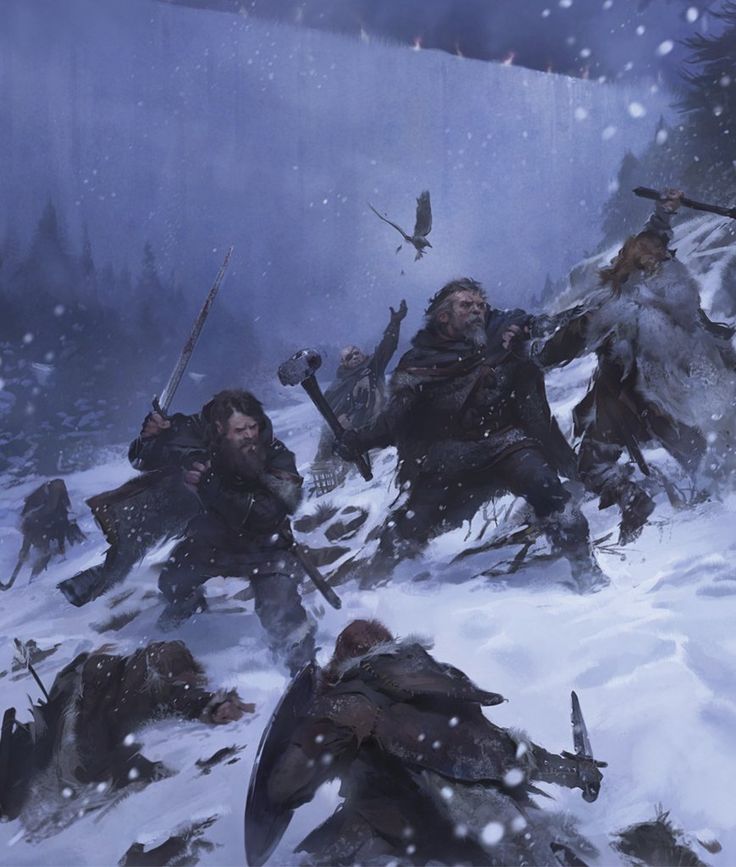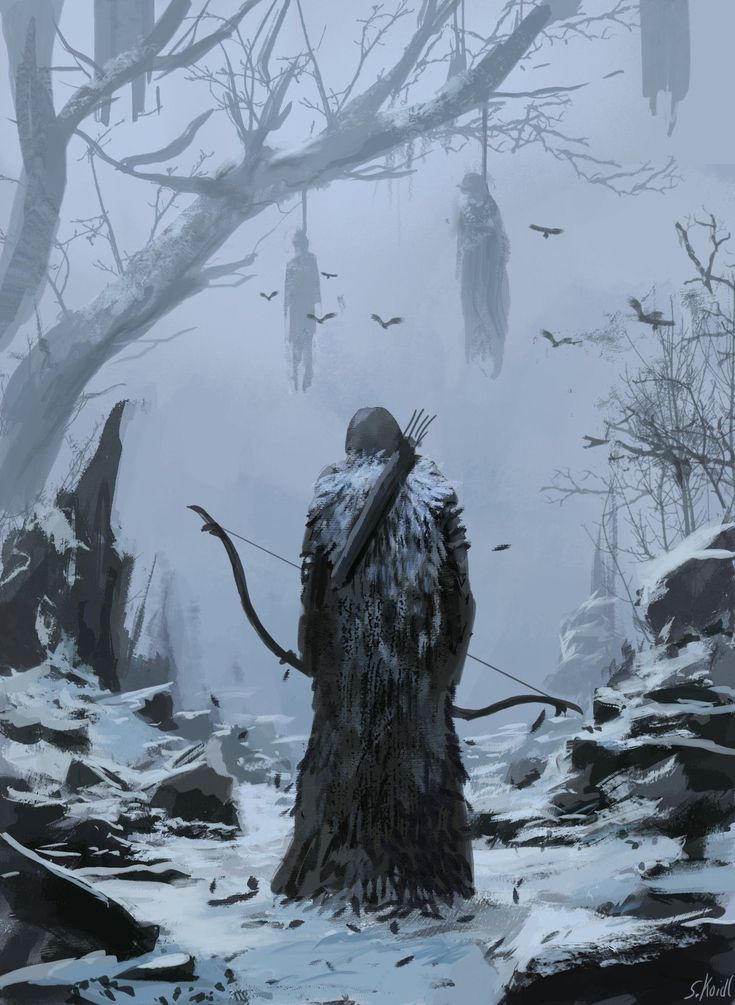
Table of Contents
- General Guidelines
- Initiating PvP
- Rules for PvP Combat
- Standard Combat Rules
- No Permadeath Without Consent
- Boundaries of PvP
- Intervention by NPCs
- Loot and Consequences
- Looting Restrictions:
- Special PvP Scenarios
- Mind Control or Possession
- Dueling
- Factions or Rivalries
- DM Authority
- OOC Conflict Management
PvP interactions can add depth to roleplaying and create memorable story moments. However, to ensure fairness and maintain a positive experience for everyone, the following rules apply when engaging in PvP:
General Guidelines
Consent-Based PvP:
PvP combat or actions must be agreed upon by all participating players and the DM before proceeding. If any player involved is uncomfortable, the action should be avoided or resolved through roleplay instead of mechanics.
Roleplay Over Rollplay:
PvP should always enhance the story. Interactions that escalate to PvP must arise from in-character (IC) motivations, not out-of-character (OOC) disputes.
DM Oversight:
The DM must mediate all PvP encounters to ensure fairness, continuity, and balance.
Initiating PvP
Clear Intent:
Any player initiating PvP must clearly state their character’s intentions and allow the target player to respond IC.
Alternatives to Combat:
Before rolling initiative, consider non-combat options such as intimidation, persuasion, or deception checks. PvP does not always need to result in violence.
Time and Place:
PvP should not disrupt the flow of the game. The DM may delay or veto PvP if it risks derailing the session or negatively affecting other players.
Rules for PvP Combat
Standard Combat Rules
PvP uses the same initiative, attack rolls, and saving throw mechanics as regular combat.
Abilities and spells targeting another player must adhere to their usual rules (e.g., line of sight, range, saving throws).
No Permadeath Without Consent
A player’s character cannot be permanently killed in PvP unless they consent to the outcome. Non-lethal damage should be prioritized unless otherwise agreed.
Boundaries of PvP
Avoid targeting another player’s character with irreversible effects (e.g., curses, petrification, permanent disfigurement) without consent.
PvP combat must end if one participant surrenders, is incapacitated, or if the DM deems it resolved.
Intervention by NPCs
If PvP occurs in a populated area, NPC guards, factions, or allies may intervene to restore order, depending on the location and context.
Loot and Consequences
Looting Restrictions:
Players cannot automatically loot or steal items from another player’s character during PvP unless:
Both players consent.
The DM determines that circumstances allow it (e.g., the looter wins a contested sleight of hand roll).
Story-Driven Consequences:
PvP actions may lead to in-game consequences, such as faction disapproval, legal repercussions, or strained party relationships.
Aftermath Resolution:
The DM will work with all involved players to resolve the aftermath of PvP in a way that feels fair and aligns with the story.
Special PvP Scenarios
Mind Control or Possession
If a character is forced into PvP due to magical influence or another external factor, the DM must clearly communicate this to the target and mediate the encounter.
Dueling
If PvP is initiated as part of an agreed-upon duel, establish terms beforehand, such as:
- Whether the duel is to first blood or incapacitation.
- Whether magic or specific abilities are allowed.
- Stakes or rewards for the victor.
Factions or Rivalries
If PvP arises from faction allegiances or IC rivalries, ensure the DM facilitates the conflict to maintain balance and prevent it from overshadowing the overall campaign.
DM Authority
The DM has final say in all PvP matters. If a PvP situation becomes disruptive or detracts from the game’s enjoyment, the DM may pause, veto, or modify the encounter.
OOC Conflict Management
Separate IC and OOC:
Keep in-character rivalries and disputes separate from out-of-character feelings. If tensions arise, discuss them openly and respectfully outside the game.

